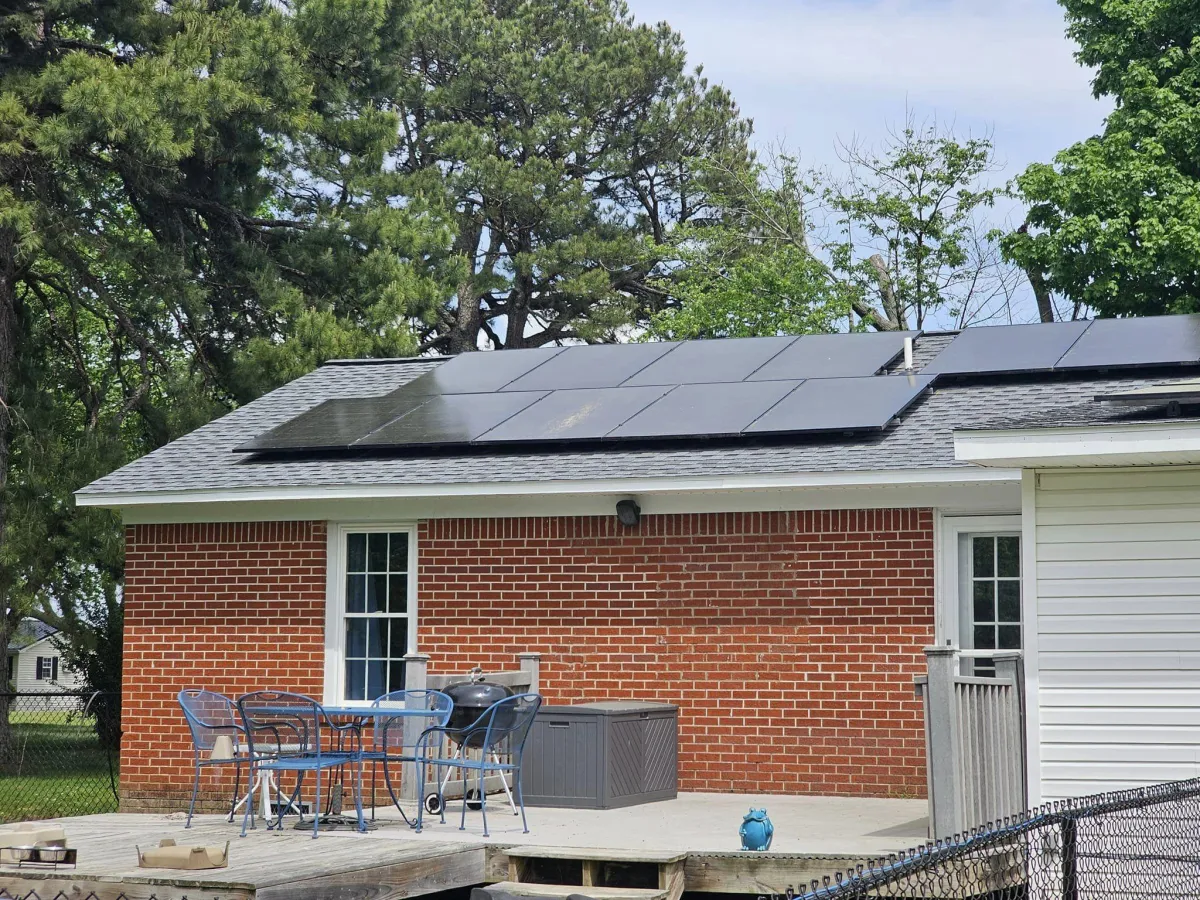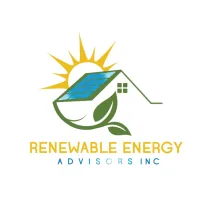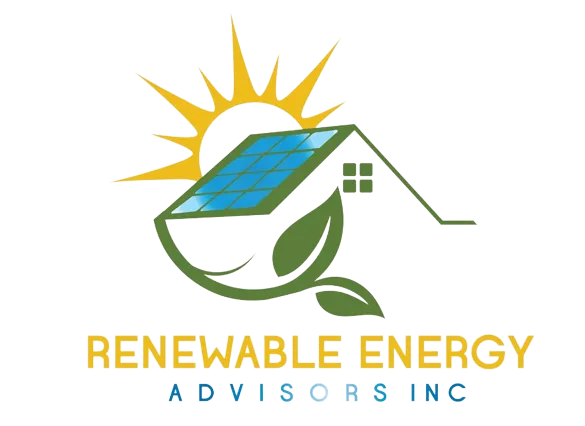Blogs
Welcome to our solar blog! Discover the perks of solar energy, from carbon footprint reduction to money-saving advantages. Stay updated with recent solar tech innovations and successful implementation stories right here.

Illuminating Your Path to Solar Energy
Illuminating Your Path to Solar Energy
A Comprehensive Guide to Solar Panels
In an era where sustainability and renewable energy are at the forefront of global conversations, the transition to solar power has emerged as a hope for a greener future. Solar panels, with their ability to harness the sun's abundant energy and convert it into electricity, play a pivotal role in this transition. This comprehensive guide will illuminate your path to solar energy, exploring the technology, benefits, and practical considerations of solar panel installations.

What are Solar Panels?
Solar panels, also known as photovoltaic (PV) panels, work by absorbing sunlight through photovoltaic cells, which generate direct current (DC) electricity. These cells are typically made from silicon, a semiconductor material that becomes electrically charged when exposed to sunlight. There are three main types of solar panels: monocrystalline, polycrystalline, and thin-film. Monocrystalline panels are known for their efficiency and sleek design, while polycrystalline panels offer a more affordable option. Although less efficient, thin-film panels are lightweight and flexible, making them suitable for certain applications.
The Benefits of Solar Power
Switching to solar energy offers numerous benefits, both for individuals and the planet. Environmental sustainability is perhaps the most significant advantage, as solar power produces no greenhouse gas emissions and reduces reliance on fossil fuels. From a financial perspective, solar panels can lead to significant long-term savings on electricity bills, especially as utility rates continue to rise. Additionally, solar energy offers energy independence, allowing homeowners and businesses to generate their own power and reduce their dependence on the grid.
Solar Installation Process
The process of installing solar panels begins with a site assessment to determine the suitability of the location and assess potential shading issues. Next, a system design is created based on factors such as energy consumption, roof orientation, and available space. Once the design is finalized, the installation process begins, involving mounting the panels on the roof or ground and connecting them to the electrical grid. Finally, the system is inspected and commissioned to ensure it meets safety and performance standards.
Realizing the Potential of Solar Energy
Solar energy has diverse applications across residential, commercial, and industrial sectors. For homeowners, solar panels offer a reliable and sustainable source of electricity, reducing energy costs and increasing property value. In the commercial sector, businesses can benefit from solar energy through reduced operating expenses and enhanced corporate sustainability initiatives. Community solar projects provide opportunities for multiple stakeholders to invest in shared solar installations, expanding access to clean energy for all.
As we conclude our guide, it's clear that solar energy holds tremendous promise as a clean, renewable, and sustainable source of power. By harnessing the sun's energy, we can reduce our carbon footprint, lower our energy bills, and create a more resilient and equitable energy system for future generations. Whether you're a homeowner, a business owner, or a community leader, now is the time to illuminate your path to solar energy and embrace a brighter, more sustainable future.
Ready to start on your solar journey?
Contact REA Solar Solutions today to learn more about our solar panel installations and how we can help you transition to clean, renewable energy. Let's work together to illuminate your path to a brighter tomorrow.

The Basics of Solar Energy
In this piece, we delve into solar energy essentials, discussing solar panels' functionality, electricity generation, and their role in cutting down energy costs. Explore the variety of solar panels and learn how to choose the apt ones for your home or business.

How Solar Energy Can Save You Money
In this article, we'll explore how solar energy can save you money in the long run. We'll discuss the financial incentives of going solar, including tax credits, rebates, and net metering. We'll also provide a cost analysis of solar panel installations and show how they can pay for themselves over time.

Solar Technology Innovations
In this article, we'll highlight the latest innovations in solar technology. We'll discuss the advancements in solar panel efficiency, storage solutions, and smart home integration. We'll also explain how these innovations can improve the performance and convenience of solar energy systems.

Successful Solar Installations
In this article, we'll showcase some of our successful solar installations. We'll share case studies of residential and commercial properties that have switched to solar energy and experienced significant savings and environmental benefits. We'll also provide testimonials from satisfied customers and explain how we can help you make the switch to solar.


